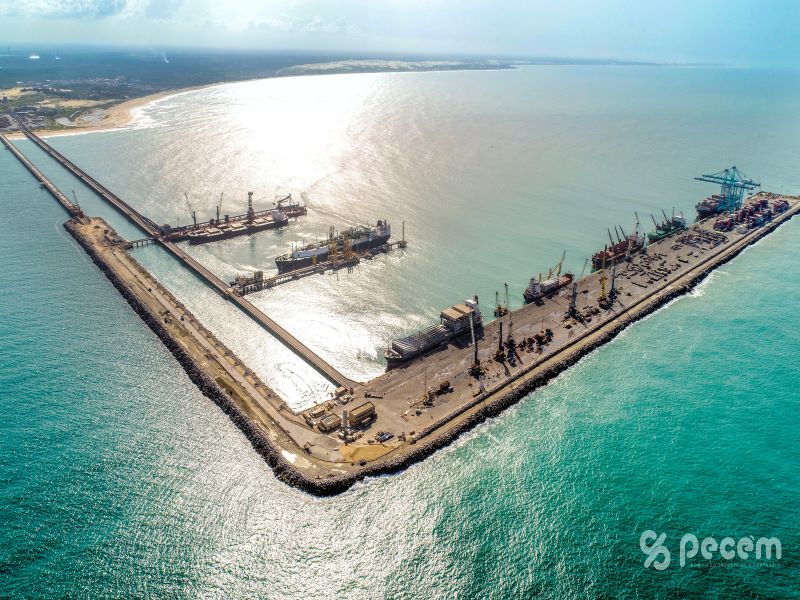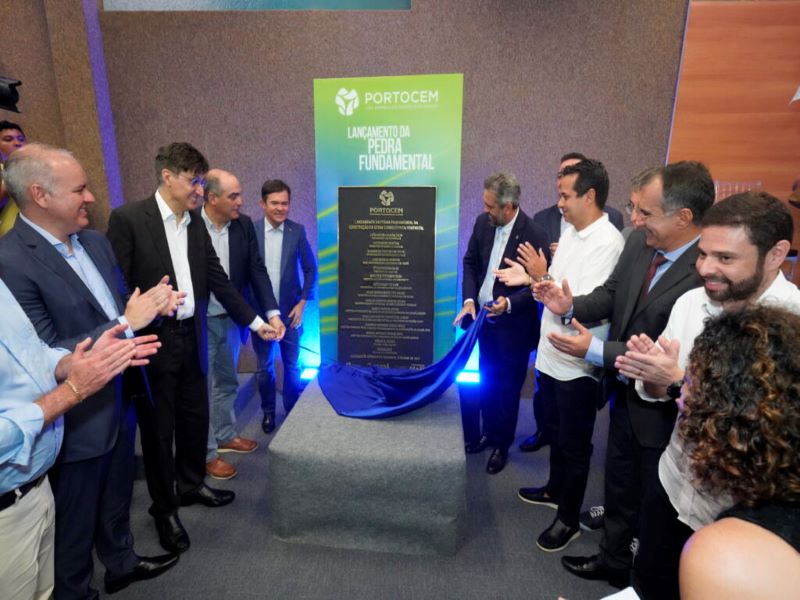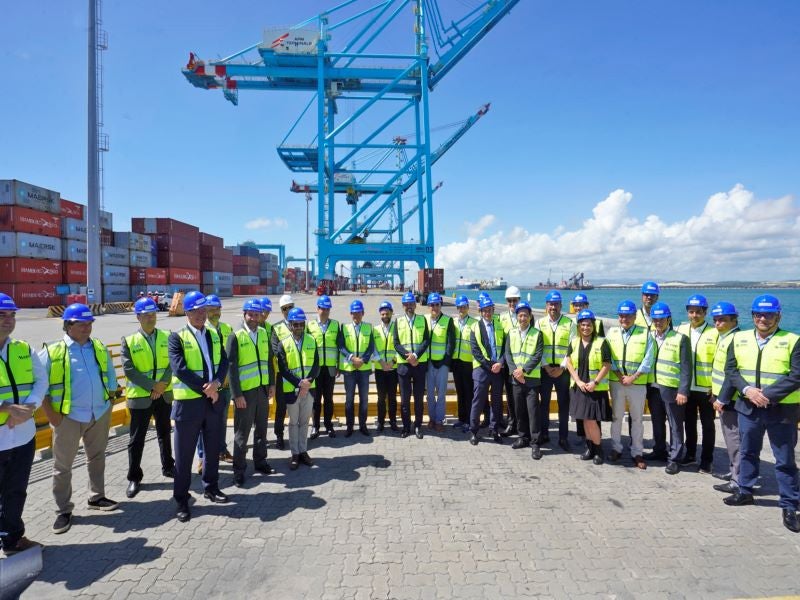UTE Portocem is a 1.6GW thermoelectric power plant being built within the Ceará Export Processing Zone, in the metropolitan area of Fortaleza, Northeast Brazil. It will be one of the largest power plants in Latin America.
Portocem Geração de Energia (Portocem), part of US-based power company Ceiba Energy, was among the winners in the power capacity reserve auction in Brazil that was conducted in December 2021.
The auction was conducted by Brazilian electricity regulatory agency Aneel and the Electric Energy Trading Chamber (CCEE) to secure a power reserve for the National Interconnected System (SIN) of Brazil.
The ground-breaking ceremony for the project was held in May 2023. The power plant is expected to become operational in July 2026.
The project is expected to create up to 3,000 jobs during the construction phase and 150 jobs during operation.
Location details of UTE Portocem
UTE Portocem is being built in the Pecém industrial and port complex in the municipality of Caucaia, 50km northwest of Fortaleza.
The project site has a permit for power generation of up to 2.2GW. The location is favourable to connecting to existing port infrastructure for gas supply and transmission.
The existing port is 15km away from the project site.
Portocem thermoelectric power plant development details
Ceiba Energy, which is backed by investment corporation Denham Capital, acquired the project in April 2020.
The acquisition provided the company with the rights to the land, the right to access the existing port and the environmental permits.
The company partnered with a Brazilian renewable energy developer Rio Energy, which is also backed by Denham Capital.
The Ministry of Mines and Energy awarded the power generation licence for the Portocem project in August 2022. The licence authorised the project as an independent electric power producer.
A power capacity reserve agreement was signed with the CCEE in November 2022 for 15 years.
Ceiba Energy has partnered with a global oil and gas company Shell for the supply of liquefied natural gas (LNG) for the project.
Portocem power plant make-up
The project will include a power plant, a floating storage and regasification unit (FSRU) permanently moored within the basin of the Port of Pecém and associated infrastructure.
The plant will comprise four natural gas-fired, air-cooled M501JAC turbines that will operate in a simple cycle with a total capacity of 1.6GW.
Each M501JAC gas turbine can generate up to 453MW in a simple cycle configuration. It weighs 347t and has a rated speed of 3,600rpm. It measures 15m (49.21ft) long, 5.6m (18.4ft) wide and 5.6m (18.4ft) high.
The turbine can operate at an inlet temperature of 1,600°C.
FSRU details
The FSRU will supply gas to the project and will also boost gas flow to spur industrial development in the Northeast region of the country.
The facility is expected to encourage local industries to reduce their dependence on other conventional fuels such as coal and liquid fuels.
An 11km-long gas pipeline is planned to be constructed for supplying natural gas from the FSRU to the project.
Grid connection
The power plant will be connected to Brazil’s National Interconnected System via a 6km transmission line through the existing Pecém 2 substation.
Financing of the power plant
UTE Portocem requires a total investment of R$5bn ($900m). Denham Capital will finance the project partially through its equity funds.
Debt is planned to be secured from regional and national development banks and capital markets.
BNP Paribas, a multinational bank and financial services company, is serving as one of the global coordinators for the project’s financing.
Contractors involved in the LNG-to-power project
Mitsubishi Power Americas (Mitsubishi Power) in consortium with CONSAG, a subsidiary of Andrade Gutierrez, was chosen to provide engineering, procurement and construction services for the project in May 2023.
Under the terms of the contract, Mitsubishi Power is responsible for the supply of four M501JAC gas turbines.
CONSAG will provide a balance of plant, utilities, civil works, assembly and commissioning of the plant.
The company is also responsible to implement transmission lines and substations serving the balance of the plant.
Spain-based engineering and technology group Sener was appointed during the same month to provide basic and detailed engineering services to support the design and commissioning of the plant.
Companhia de Gás do Ceará, a natural gas distributor, was awarded a contract to construct a gas pipeline for the project in December 2022. The project is expected to use the gas pipeline for 15 years.






